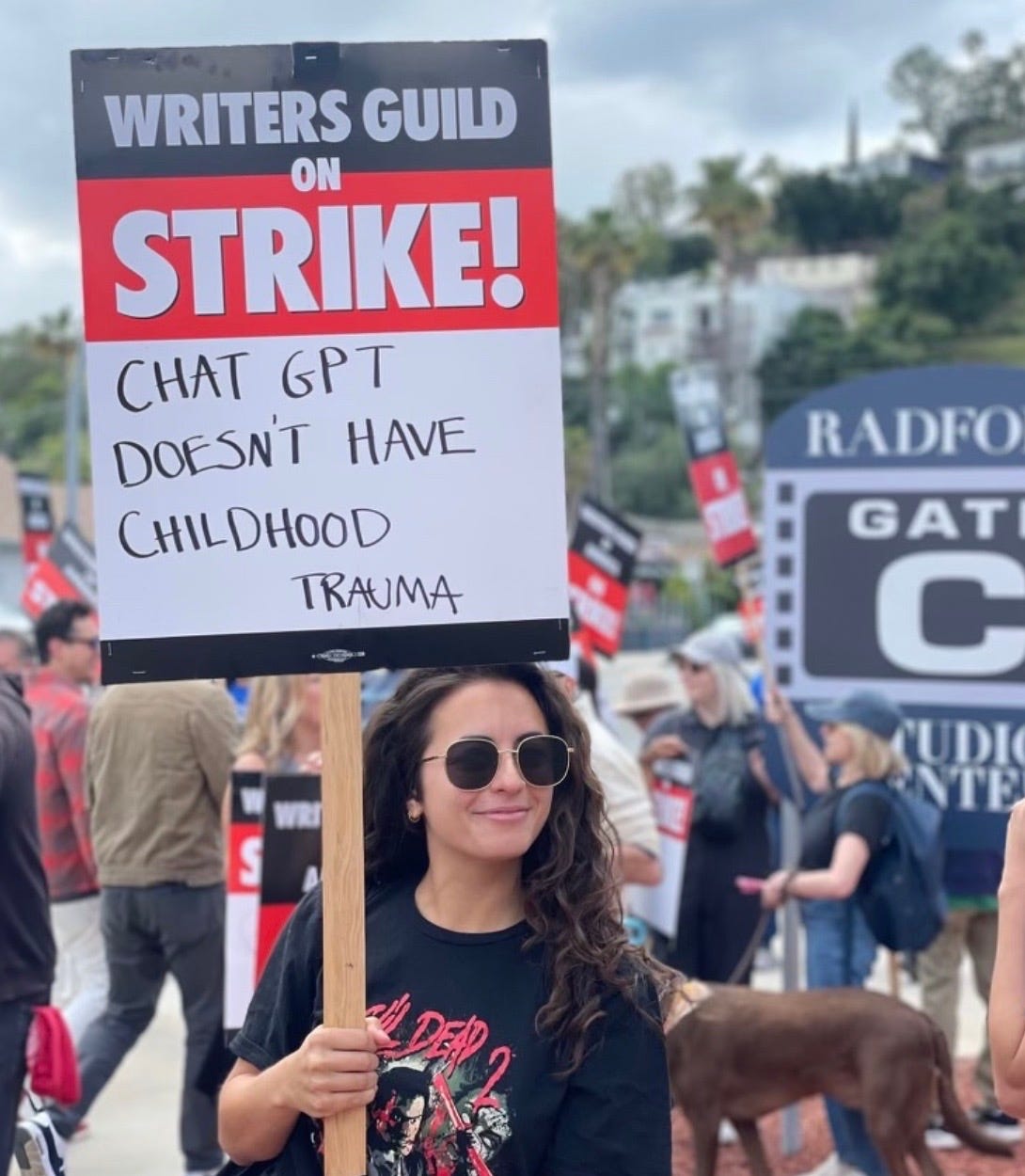Why Artificial Intelligence Will Never Replace Musicians

🌈 Abstract
The article discusses the use of AI in music creation and the challenges it poses. It examines Grimes' announcement about sharing royalties for AI-generated songs using her voice, the limitations of AI in replicating the creative process of human music composition, and the concerns around AI replacing professional musicians.
🙋 Q&A
[01] The Grimes Announcement and AI Music Generation
1. What was the key point of Grimes' announcement about AI-generated songs using her voice?
- Grimes announced that she would split royalties 50-50 with anyone who used her voice for an AI-generated song.
- This caused a "frantic tizzy" in the music industry until people started thinking about it more sensibly.
2. What are the limitations of AI in music creation according to the article?
- AI systems are trained on the output of music, not the creative process behind it.
- They rely on analyzing patterns in existing (often copyrighted) music and randomly generating rhythms and lyrics based on the data.
- This is very different from the human brain's creative process in composing music, which is not yet fully understood by neuroscientists.
- AI-generated music currently lacks the artistic sensibility and rule-breaking that characterizes great human-created music.
3. What are some potential positive uses of AI music generators mentioned in the article?
- They can democratize the creative process by allowing anyone with an internet connection to compose music, even without a musical background.
- They can help overcome writer's block or provide a starting point for composition.
- They can be useful for hobbyists, amateurs, or beginners to learn different aspects of songwriting.
4. What are the concerns around AI replacing professional musicians?
- AI systems cannot connect with an audience in the same way human musicians can, which is an important aspect of art and music.
- Professional musicians have the capability to create a much better product than current AI systems.
- Replacing human musicians with AI could lead to the loss of the human component and community-building aspects of music.
[02] The Limitations of AI in Creative Arts
1. How does the article argue that AI cannot truly replicate the creative process of human art and music?
- The article states that great art often breaks rules, and you need artistic sensibility to know when and where to break those rules. This is something AI systems currently lack.
- It suggests that even if AI can generate "images" or "content," the result will be based on the data it has been fed, rather than the cognitive process of imaginative thought, which is not yet understood.
2. What examples does the article provide to illustrate the limitations of AI in creative tasks?
- The article mentions that AI-generated music currently sounds monotonous and lacks the unique qualities that characterize human-created music, such as Grimes' unconventional production techniques.
- It also provides examples of AI failures, such as a self-driving car plowing through a crime scene and Teslas having glitches with traffic cones.
3. What is the article's overall stance on the use of AI in creative arts and music?
- The article is skeptical of the ability of current AI systems to truly replicate the creative process and artistic sensibility of human-created art and music.
- It suggests that AI should "stay in its lane" and focus on areas where it can provide more tangible benefits, such as in medicine, transportation, and weather prediction, rather than attempting to replace professional musicians and artists.